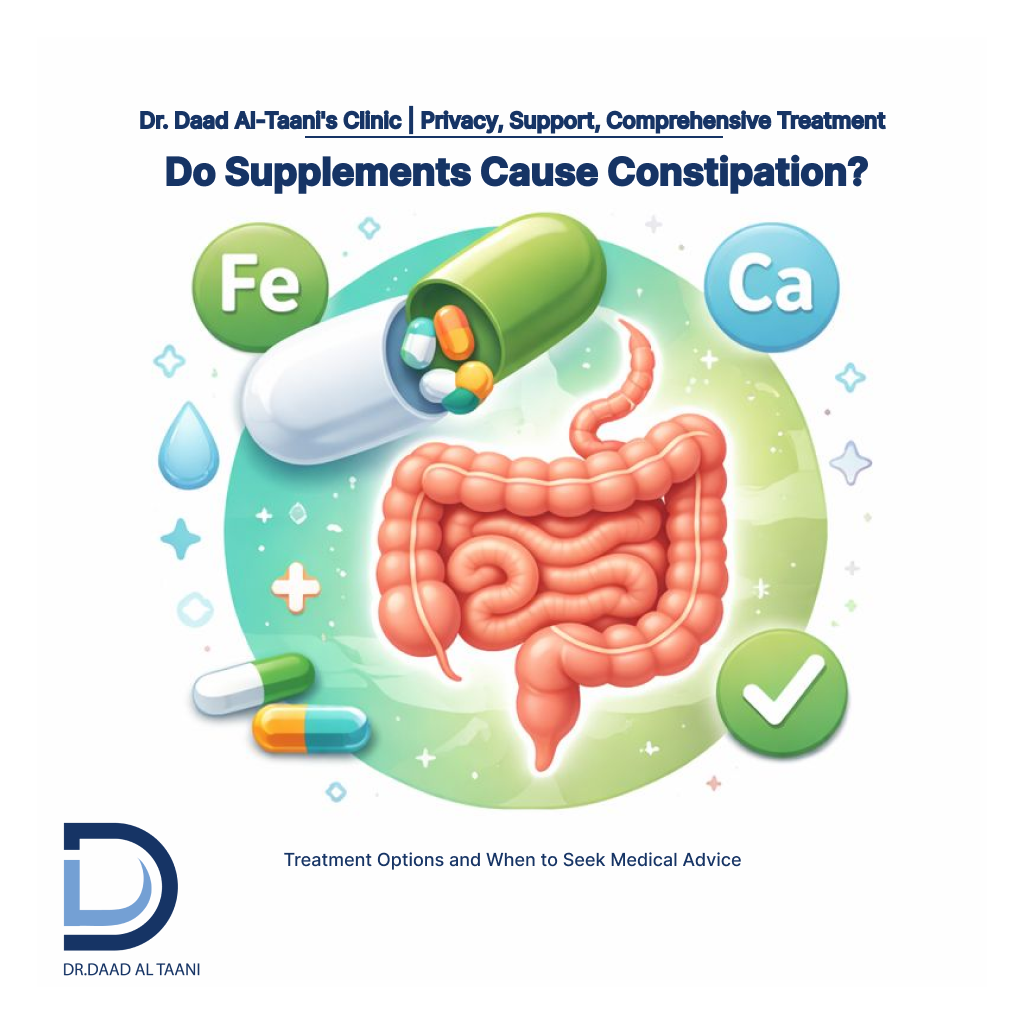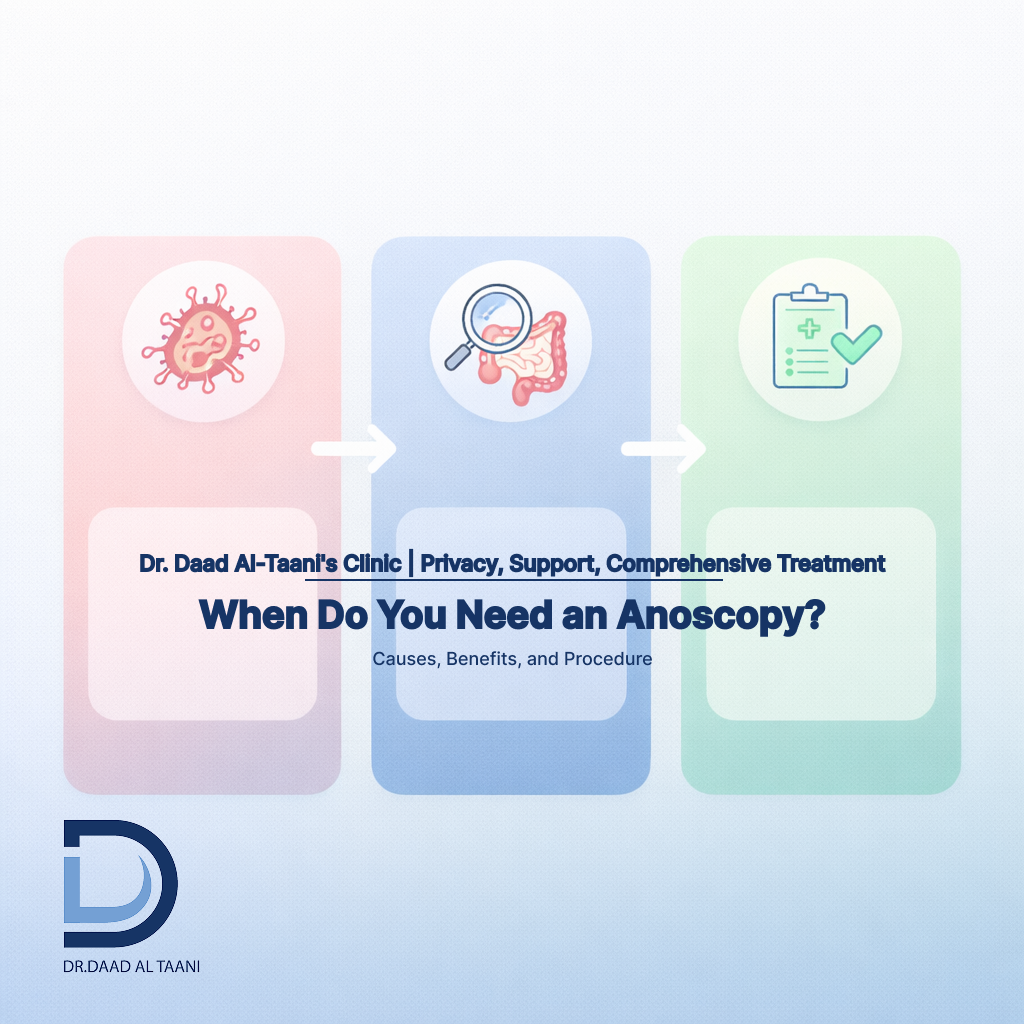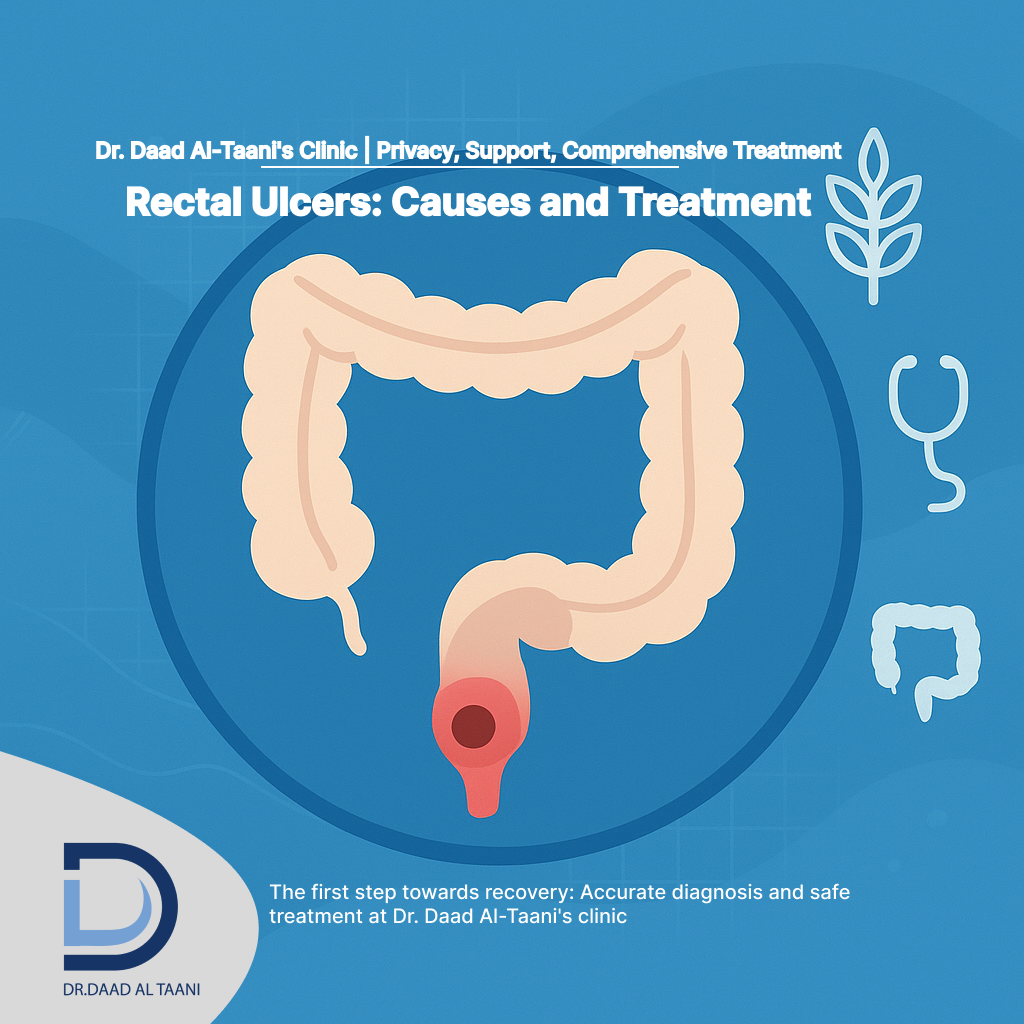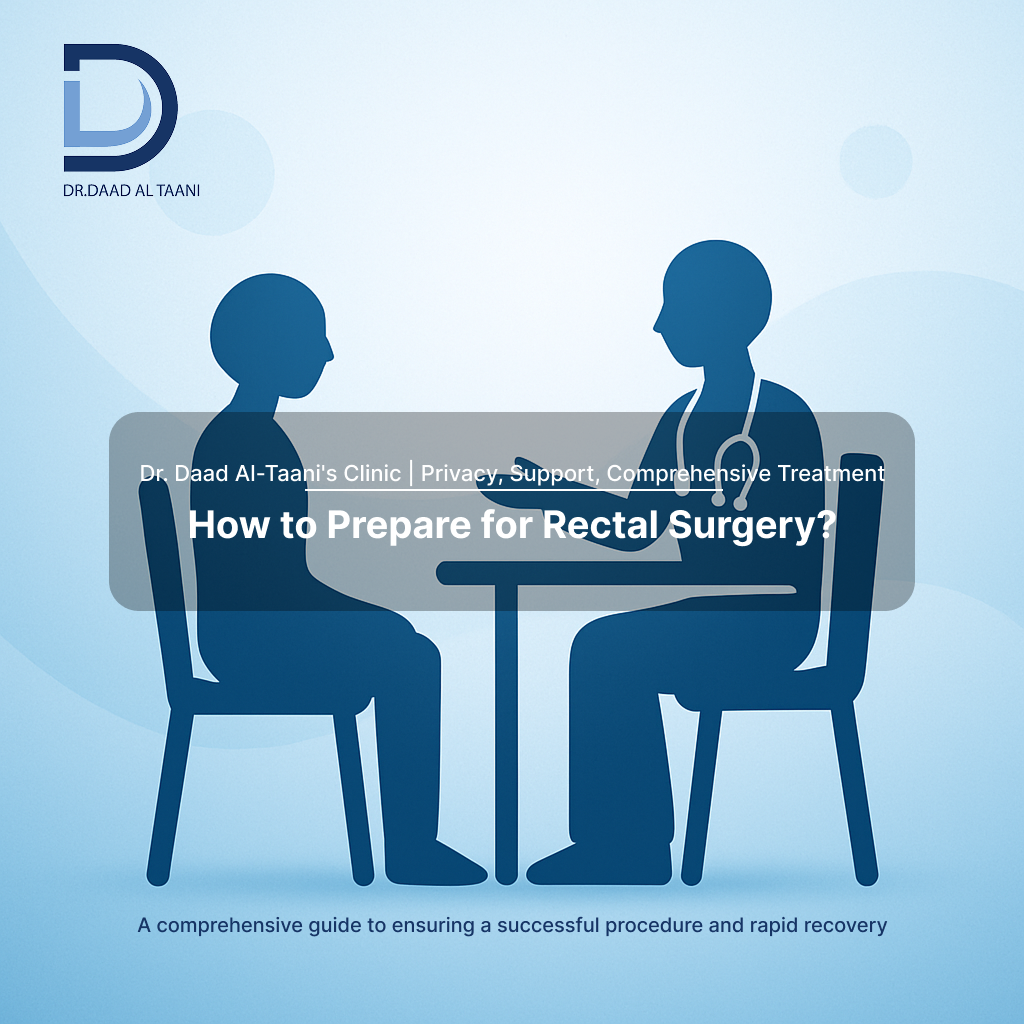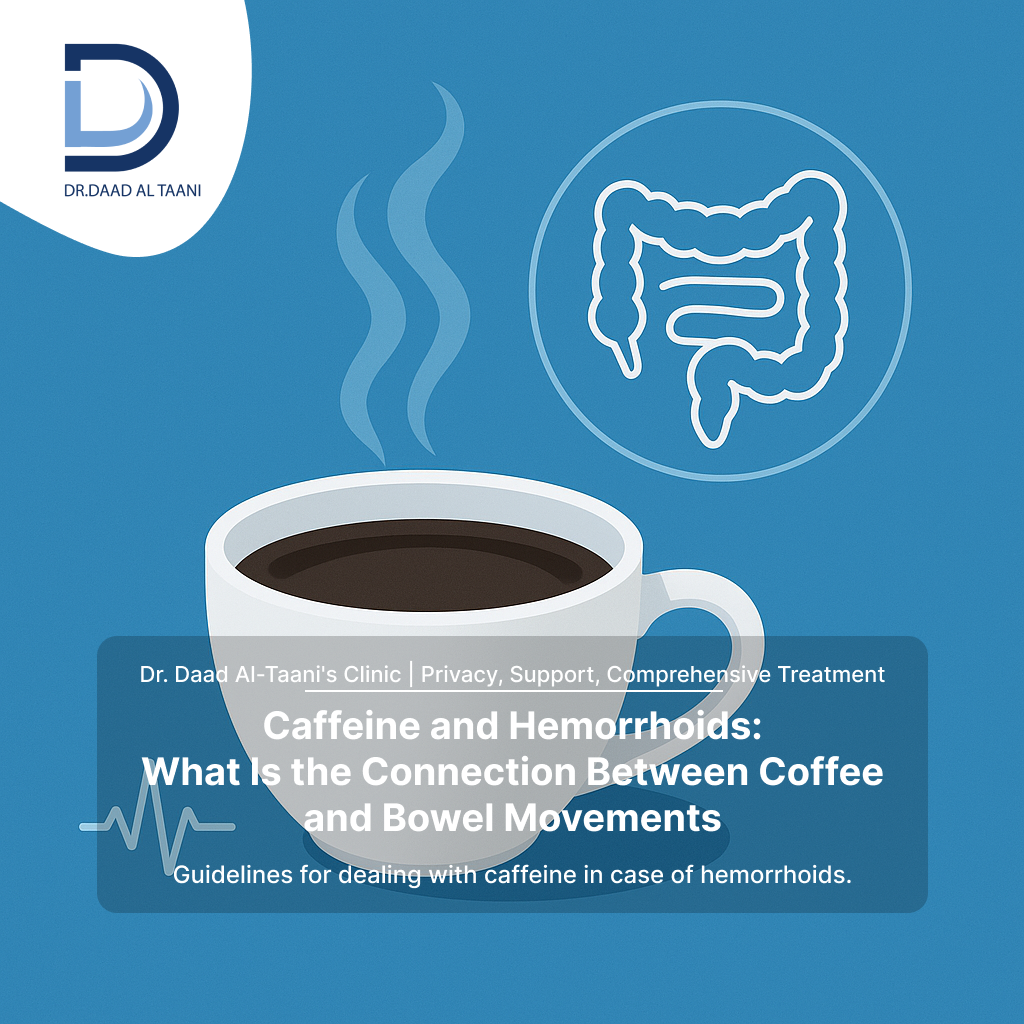Your Health Starts with Awareness: What You Need to Know About Anal Abscesses
Taking care of your health begins with paying attention to minor symptoms. Some people feel pain in the anal area and choose to ignore it, even though it may be a sign of a medical condition such as an anal abscess.
An abscess is a collection of pus resulting from inflammation in one of the small glands near the anus. This condition is caused by bacterial infection, often due to blocked gland ducts. Pain tends to worsen with sitting or movement, accompanied by swelling and redness in the affected area. In some cases, pus may drain from around the anus, and the patient may experience fever or general fatigue.
Anal abscess is often linked to anal fissures or inflammatory bowel diseases such as Crohn’s disease. Certain behaviors, like anal intercourse, can increase the risk. People with diabetes are also more susceptible due to weakened immunity.
Treatment typically involves a doctor draining and cleaning the abscess under local anesthesia. The appropriate treatment is prescribed based on the severity of the infection and type of bacteria involved. Early medical intervention promotes faster healing and helps prevent complications such as the development of anal fistulas.
If you experience persistent pain or notice swelling around the anus, don’t wait. Book an appointment with Dr. Daad Al-Taani in Dubai. She provides accurate diagnosis and effective treatment plans tailored to the patient’s condition and privacy.
Understanding the causes and symptoms of anal abscesses can help you prevent them or manage them more effectively. Continue reading the article to learn more about this important condition.
You can also follow our YouTube channel for exclusive interviews with Dr. Daad Al-Taani.


